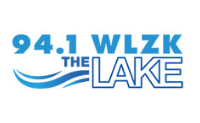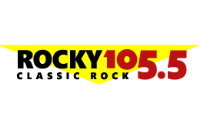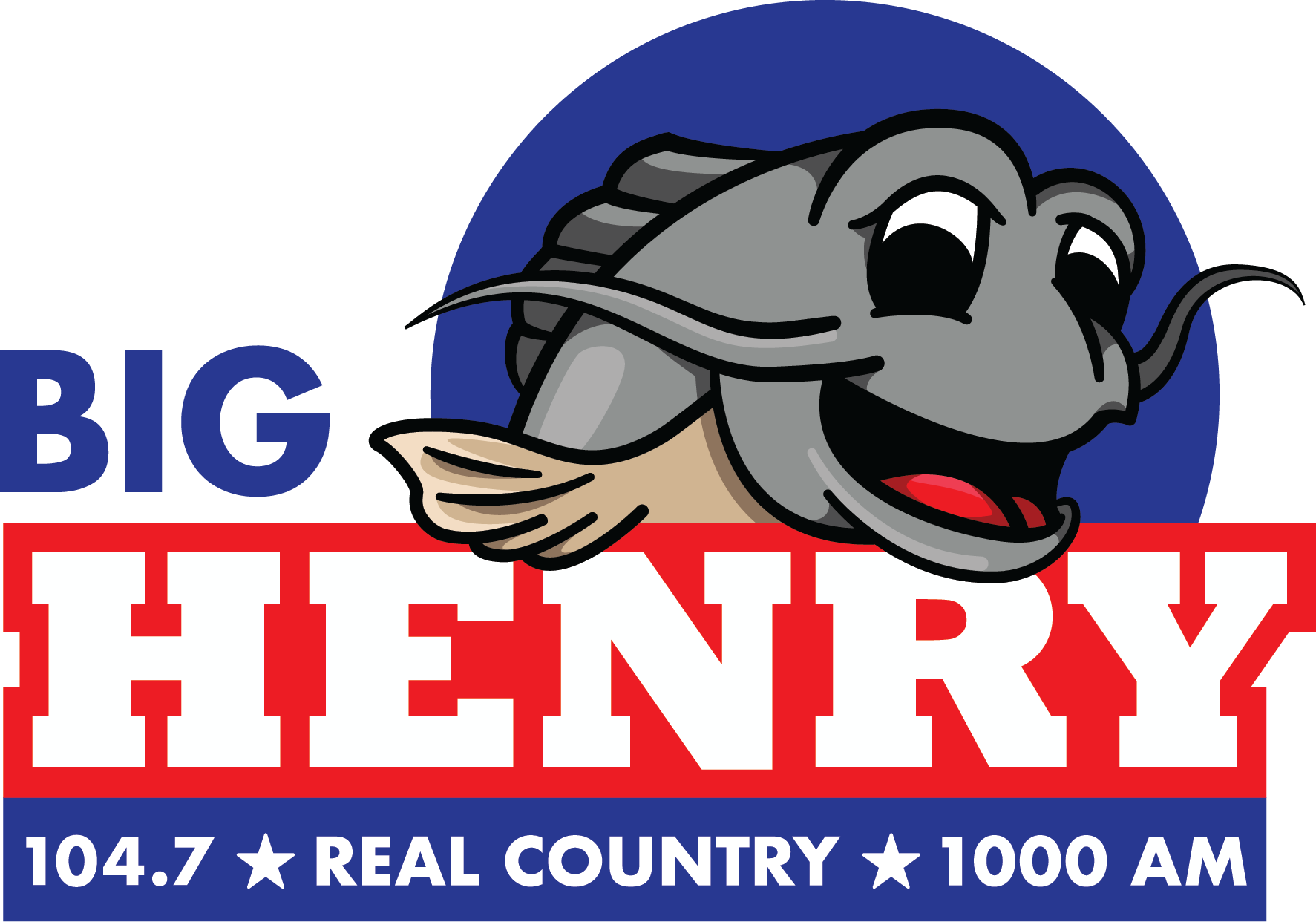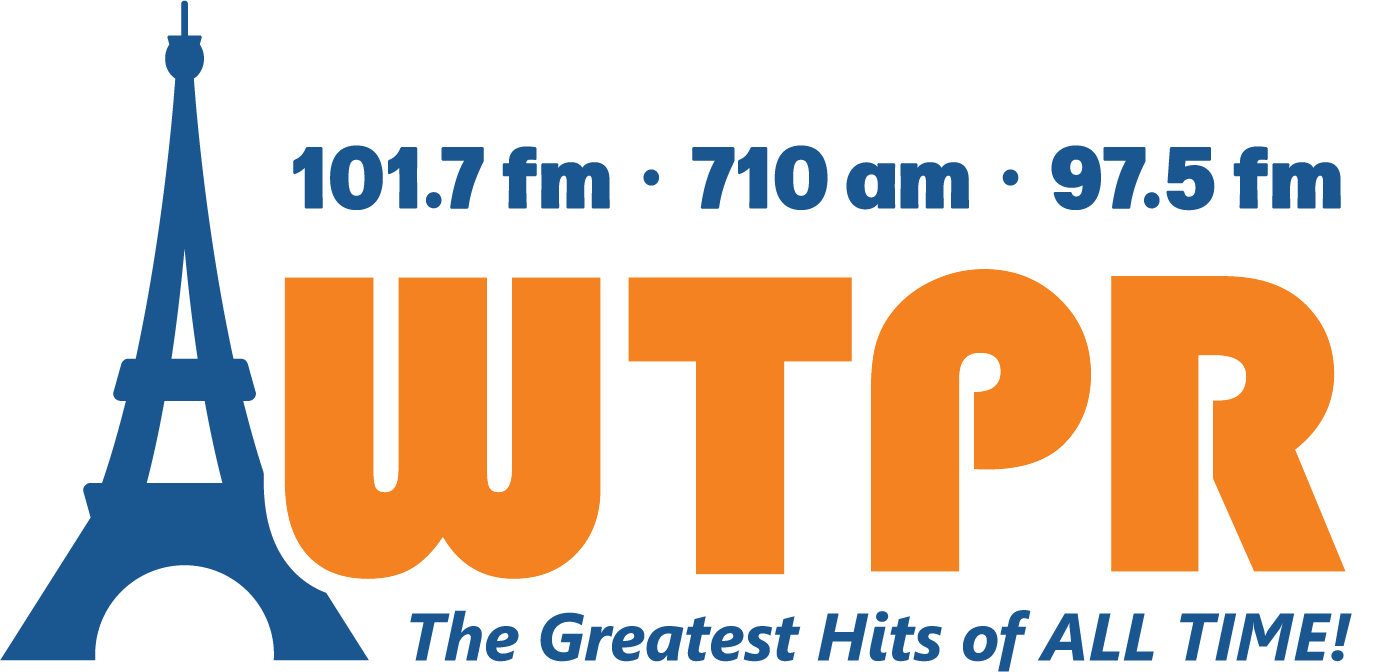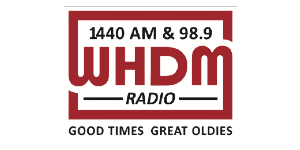
Nashville, Tenn.–At a Monday afternoon briefing on the COVID-19 crisis, Gov. Bill Lee issued a two-week statewide order that closes non-essential businesses and issued a ‘safer at home’ order for Tennesseans.
“This is not a mandated ‘shelter in place’ order, because it remains deeply important to me to protect personal liberties,” Lee said. “We need you to do that, to protect the lives of your neighbors and fellow Tennesseans. Your habits and your routines will make the difference.”
Under the order, the governor is asking Tennesseans to stay at home, but not mandating it.
Executive Order 21 was filed Monday, which does orders the temporary closure of salons, barber shops, spas, concert venues, theaters and other indoor recreational facilities.
The order takes effect at 11:59 p.m. Tuesday and lasts through April 14, during which time only essential businesses are to continue operating and residents are to stay home “as much as possible,” under Executive Order 22, which was filed Monday with the Tennessee Secretary of State’s office.
The COVID-19 case count for Tennessee is now 1,834 as of March 30, 2020, including 13 deaths and 148 hospitalizations. In our area: Carroll, 5; Gibson 5; Benton Co. 3; Dyer Co. 3; and one each in Henry, Obion, Houston and Weakley Counties.
A list of essential businesses that will stay open include:
-Federal and state offices and services, including post offices and airports
-Essential local government functions, such as law enforcement, transport and businesses that provide government programs and services
-Food and beverage: grocery and beverage stores, farmers markets, food banks, catering, convenience stores selling food, agriculture, food processing, feed mills and other businesses supporting the food supply
-Health care, mental and behavioral health, and biomedical research and businesses that support the healthcare industry, including health information technology
-Sanitation and waste removal businesses and services
-Energy, water and sewage businesses and services
-Pharmacies and medical supply businesses, other businesses that directly support the drug and medical supply pipeline
-Vehicle fuel, support, service stations and businesses
-Banks, savings and loans, insurance companies and other businesses that directly support the financial sector
-Legal and judicial services
-Home and business repair, hardware supply
-Warehousing and storage
-Daycare and childcare business will remain open but will prioritize children of parents working in essential services
-Hotels and commercial lodges will remain open but will end entertainment or dining services in restaurants or group settings
-Housing and rental services may continue, but agents should practice social distancing, hold no open houses or gather in groups larger than 10


